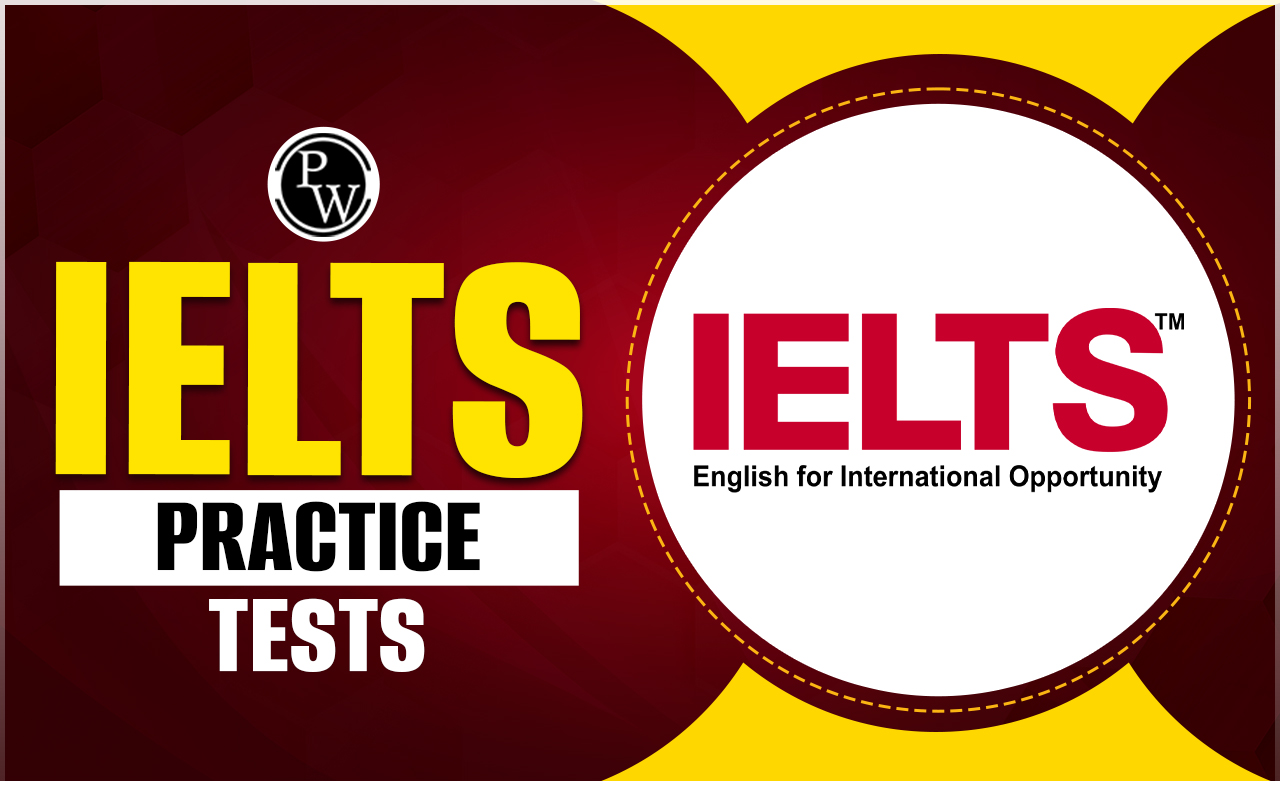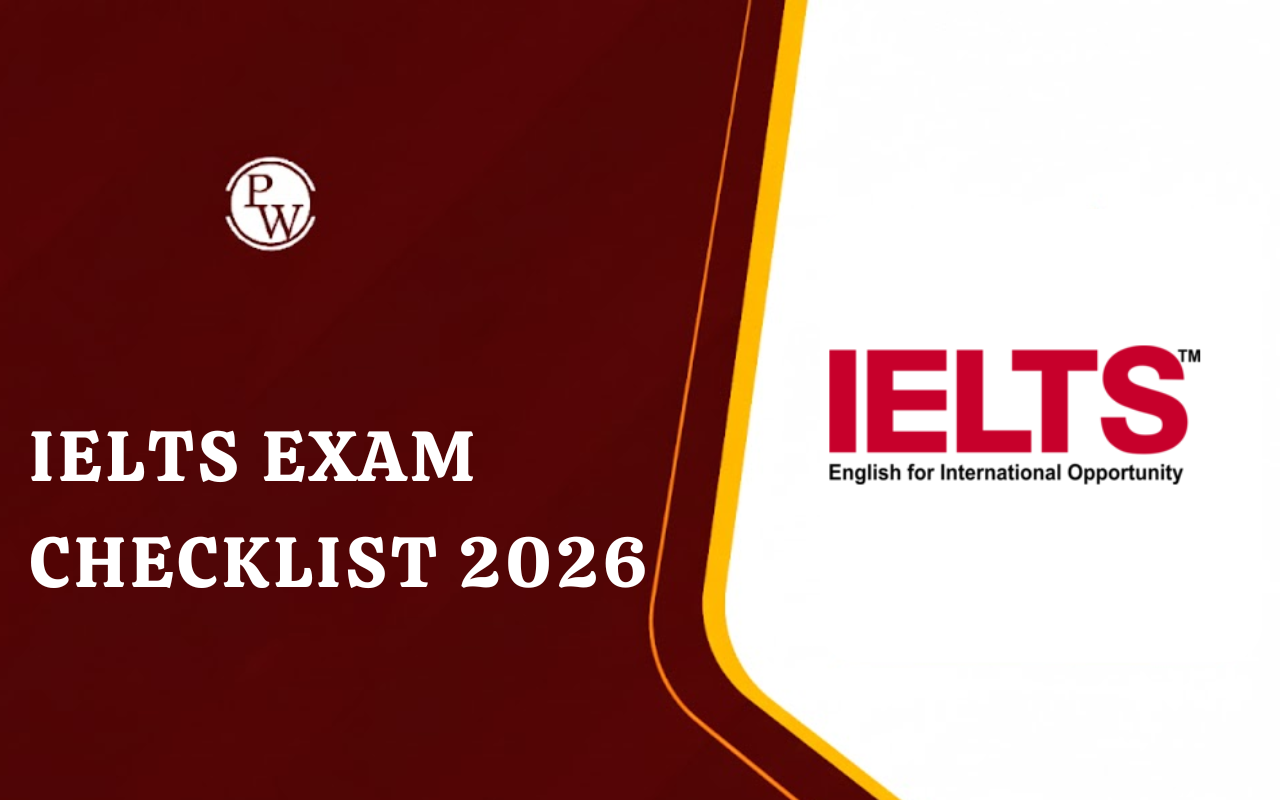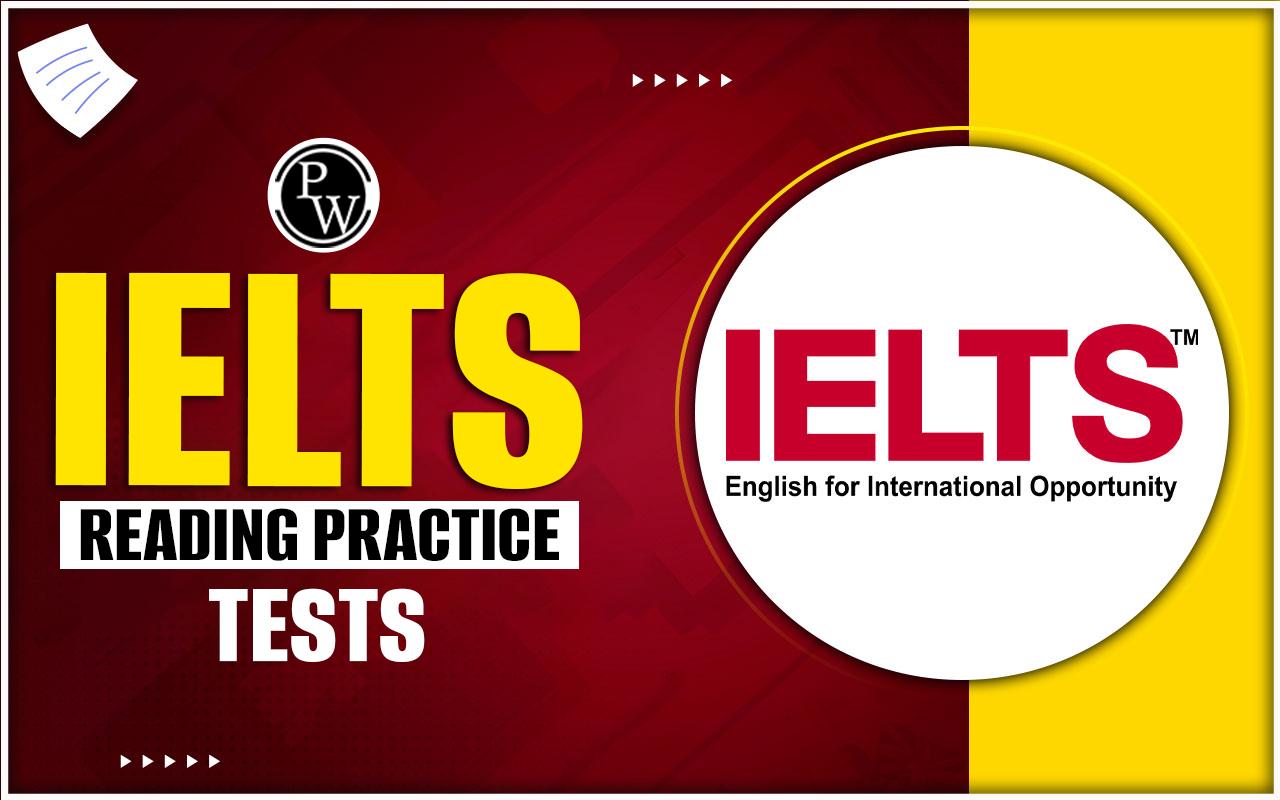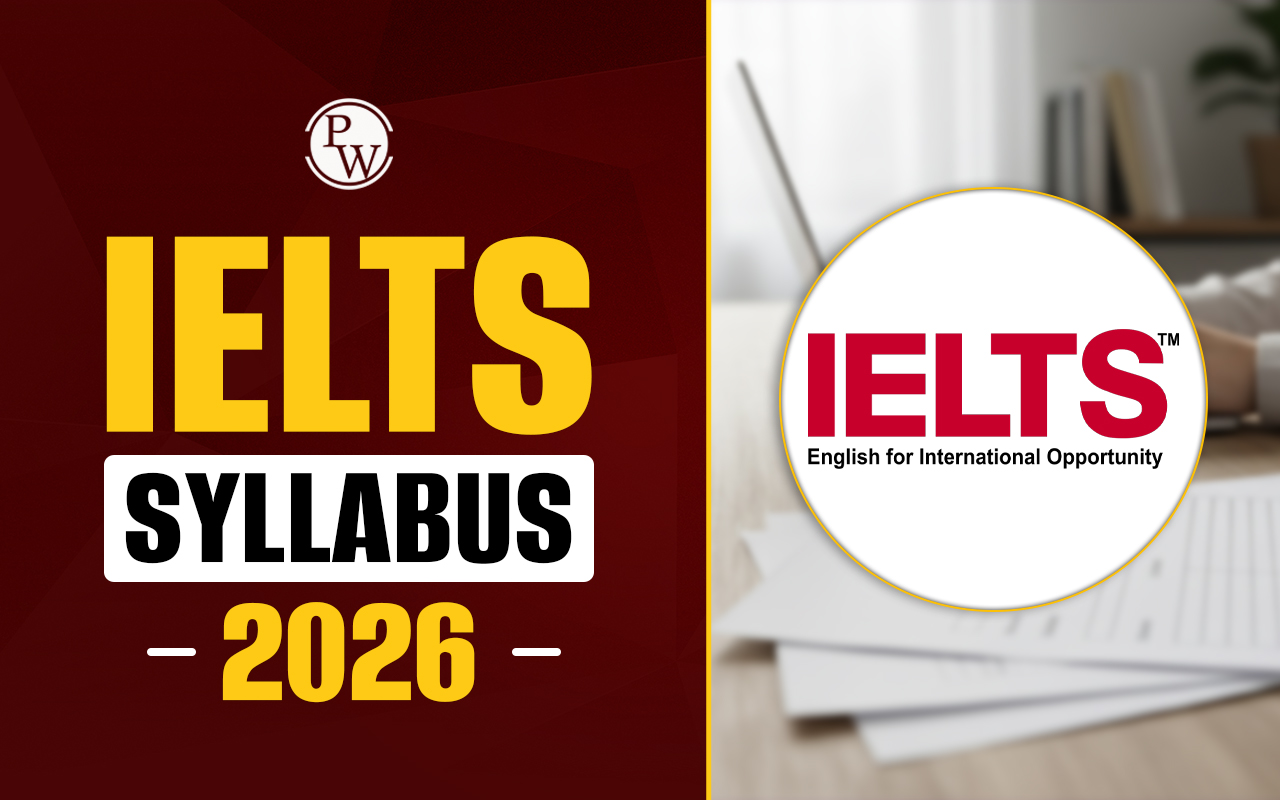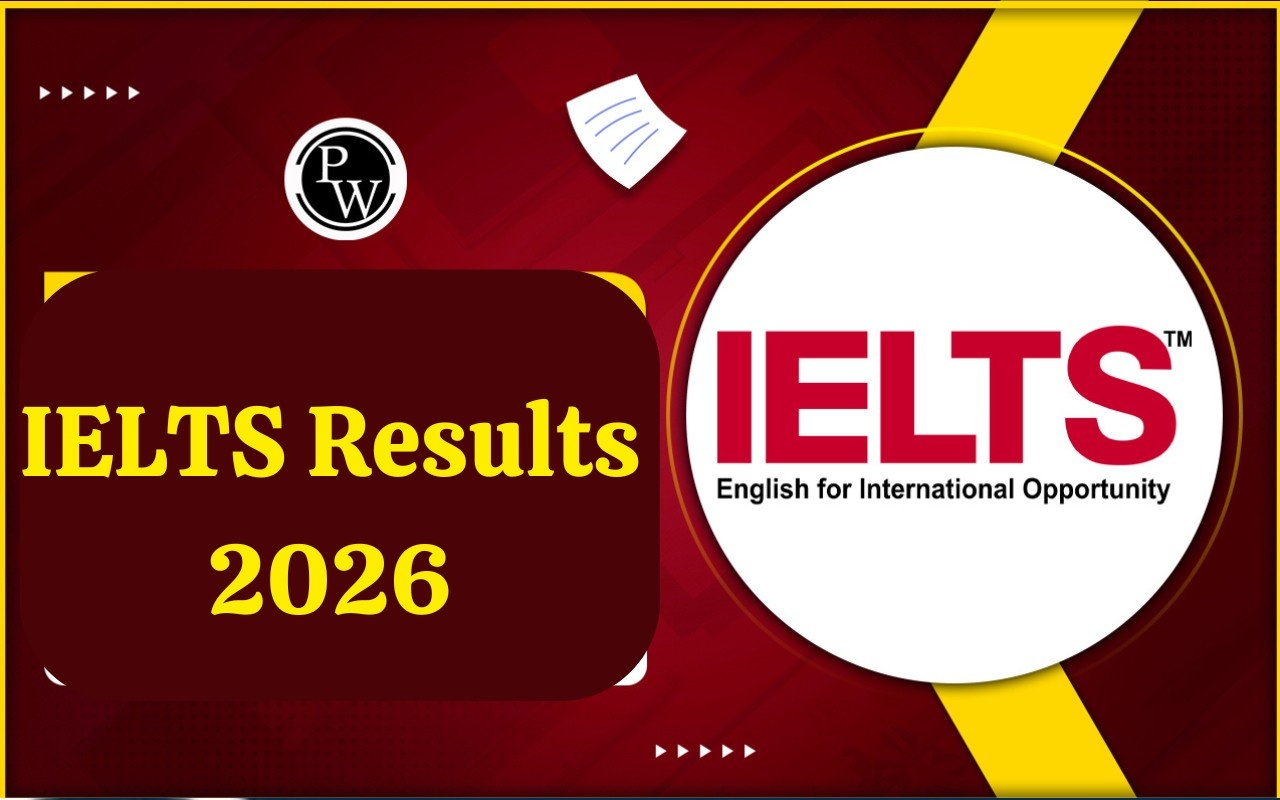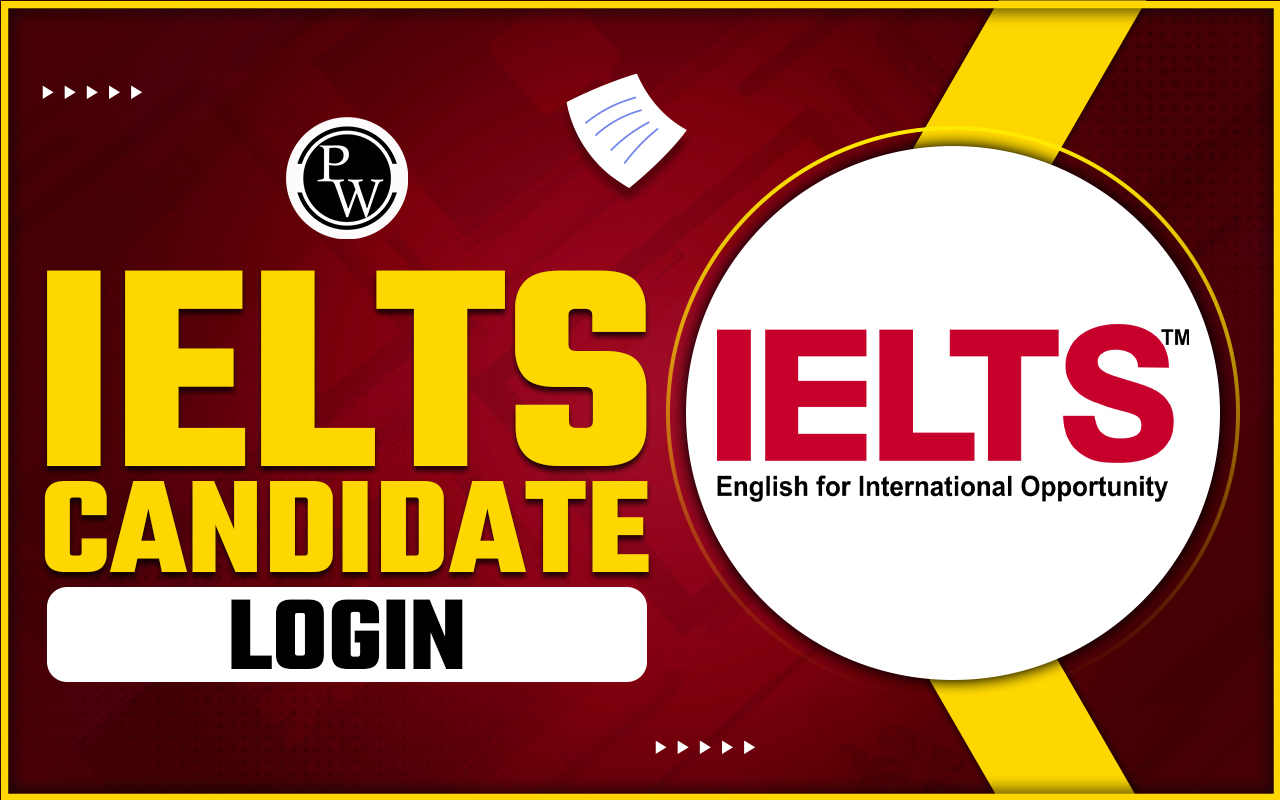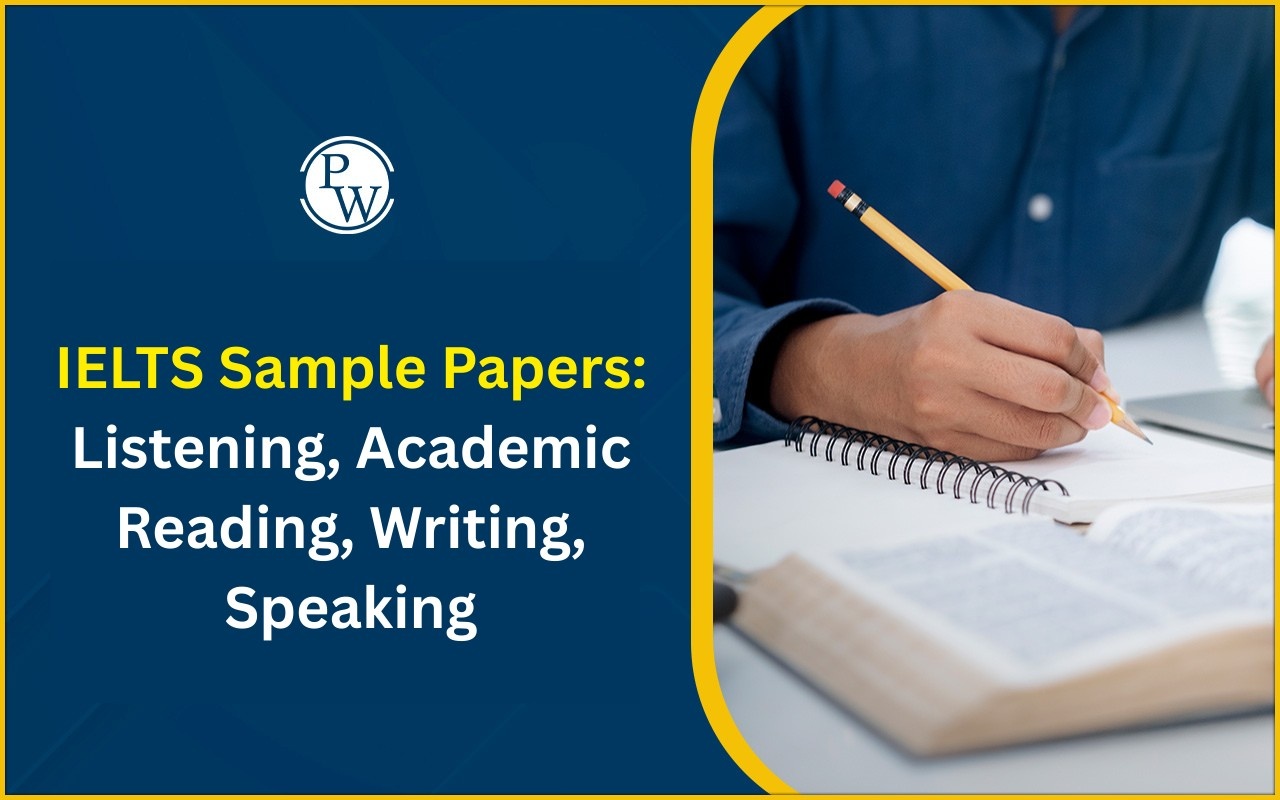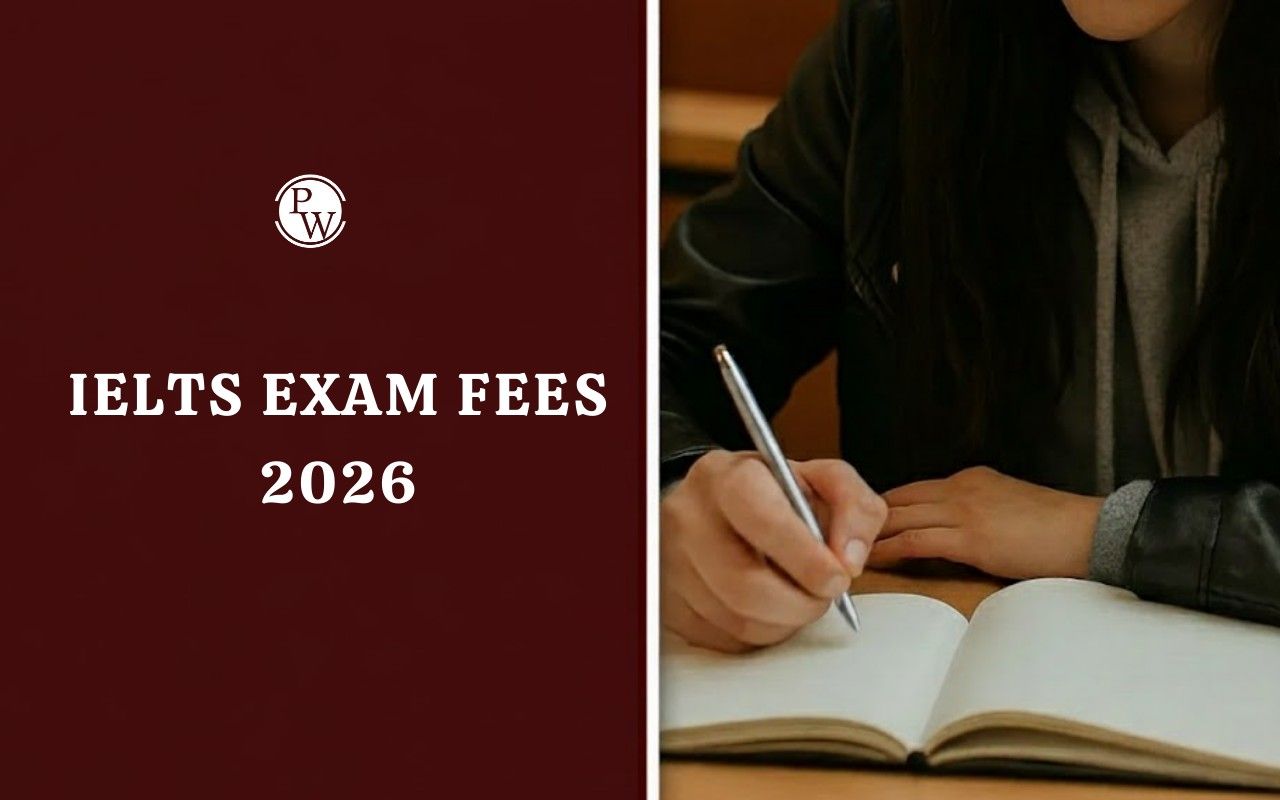
IELTS Speaking Part 2 Tips : The IELTS speaking test is divided into three parts, each slightly more difficult than the previous one. Part 2 differs from the rest because it contains no questions to answer. The speaking test is similar for both IELTS academic and IELTS general training , and it always includes a face-to-face interview with a professional IELTS examiner, regardless of whether you take the test on paper or a computer.
We'll focus on the second part of the test, which lasts three to four minutes. The second part is an 'individual long turn'. This is Part 2 of the IELTS Speaking Exam. Many people believe Speaking Part 2 to be the hardest part of the IELTS Speaking test because it is a monologue. A monologue differs from the remainder of the test in that you will be speaking alone, with no questions or assistance from the examiner. Students can read the IELTS exam and IELTS Speaking Part 2 Tips given below.IELTS Speaking Part 2 Format
Here is IELTS Speaking Format given below So, what do you have to do in IELTS Speaking Part 2?- Speak for one or two minutes.
- Describe something (such as a person, place, event, or animal).
| IELTS Speaking Related Links | |
|---|---|
| IELTS Speaking Mistakes | IELTS Speaking Part 1 Tips |
| IELTS Speaking Part 3 Tips | IELTS Speaking Band Descriptors |
What is an IELTS Cue Card?
The examiner will give you an IELTS speaking cue card during the 2 parts of the IELTS speaking test. This is a piece of paper with some directions for you to follow. It will appear like this: Ques: Describe an area you enjoy near the water. Ans - You should say:- where this place is
- What did you do at this place?
- who you went there with and explain why you liked this place.
Best IELTS Speaking Part 2 Tips
The examiner will offer you a topic for the IELTS Speaking Part 2 and you will have two minutes to discuss it. You will be unable to change the topic that the examiner has selected. Here are some tips to help you with this part of the IELTS Exam:How to Improve IELTS Speaking Score
Have a Strategy- IELTS is significantly easier if you have a plan for each section of the test. You may use this method while practicing, and you will feel much more confident on the actual test. I created a highly effective technique for Part 2 of the Speaking test, which has proven successful for many students. These methods will help you sound more fluent by allowing you to continue speaking logically.
- Use avoiding phrases like: What more can I say about it? Another thing that comes to me is...
- Refer immediately to your task card and read out the prompt, modifying the structure as you read it.
- Whether the examiner asks whether you have anything further to add, always answer 'yes' and continue speaking.
- Avoid fillers (oh..., uh..., erm..., er...) since they are meaningless and indicate that you are straining to generate words and thoughts.
Tips for IELTS Video Call Speaking Test
Personal Experiences Are Best The best answers are always about personal experiences. You will be able to describe these things in greater depth and speak more effectively about them. Students are more comfortable talking about their real-life experiences, which improves their fluency and pronunciation.Practice makes perfect
It is critical to rehearse your long turn, ensuring that you can talk about a known topic for two minutes. If you record yourself reading the sample, you'll discover that it's almost exactly 2 minutes. If it takes much longer, your speaking pace is too slow. Keep in mind that the examiner will interrupt after two minutes. You have successfully talked for the long run, so don't worry if you haven't completed what you were trying to say.- Select one of the related topics below.
- Set your timer for 3 minutes (1 minute to prepare, 2 minutes to spin).
- Take notes on this topic within the first minute.
- Begin your long run in the second minute and see if you can talk for two full minutes.
- Listen to your audio and take note of any breaks, pauses, hesitations, or filler words.
- Repeat the approach for all three subjects until you can talk at a regular pace for the whole two minutes.
Long Run Topic: Describe the item you want to get.
- What the item is?
- Where would you purchase it?
- What would you use it for?
How to Improve IELTS Speaking Score
Don't speak too quickly Try to speak at a consistent, natural pace. DO NOT speak too quickly, this will lower your band score for pronunciation. Don't speak too slowly, either. Your band score for consistency and fluency will suffer as a result.Sample Practice Topic
Describe an item you would like to buy.
You should say:
-
What the item is
-
Where you would purchase it
-
What you would use it for
-
And explain why you want it
Practice Steps:
-
Set a timer for 1 minute and make short notes.
-
Speak for 2 minutes about the topic.
-
Record your answer and identify pauses or weak areas.
-
Repeat the process with different cue cards.
IELTS Speaking Part 2 Tips FAQs
Q1 - How to improve in IELTS speaking part 2?
Q2 - What is the purpose of IELTS Speaking Part 2?
Q3 - Which tense is used in IELTS speaking part 2?
Q4 - What is part 2 called in IELTS speaking?
Q5 - How to conclude speaking part 2?
Q6 - Which part of speaking is most important?
Q7 - Which grammar is important for IELTS speaking?
Q8 - What are the criteria for IELTS speaking?

